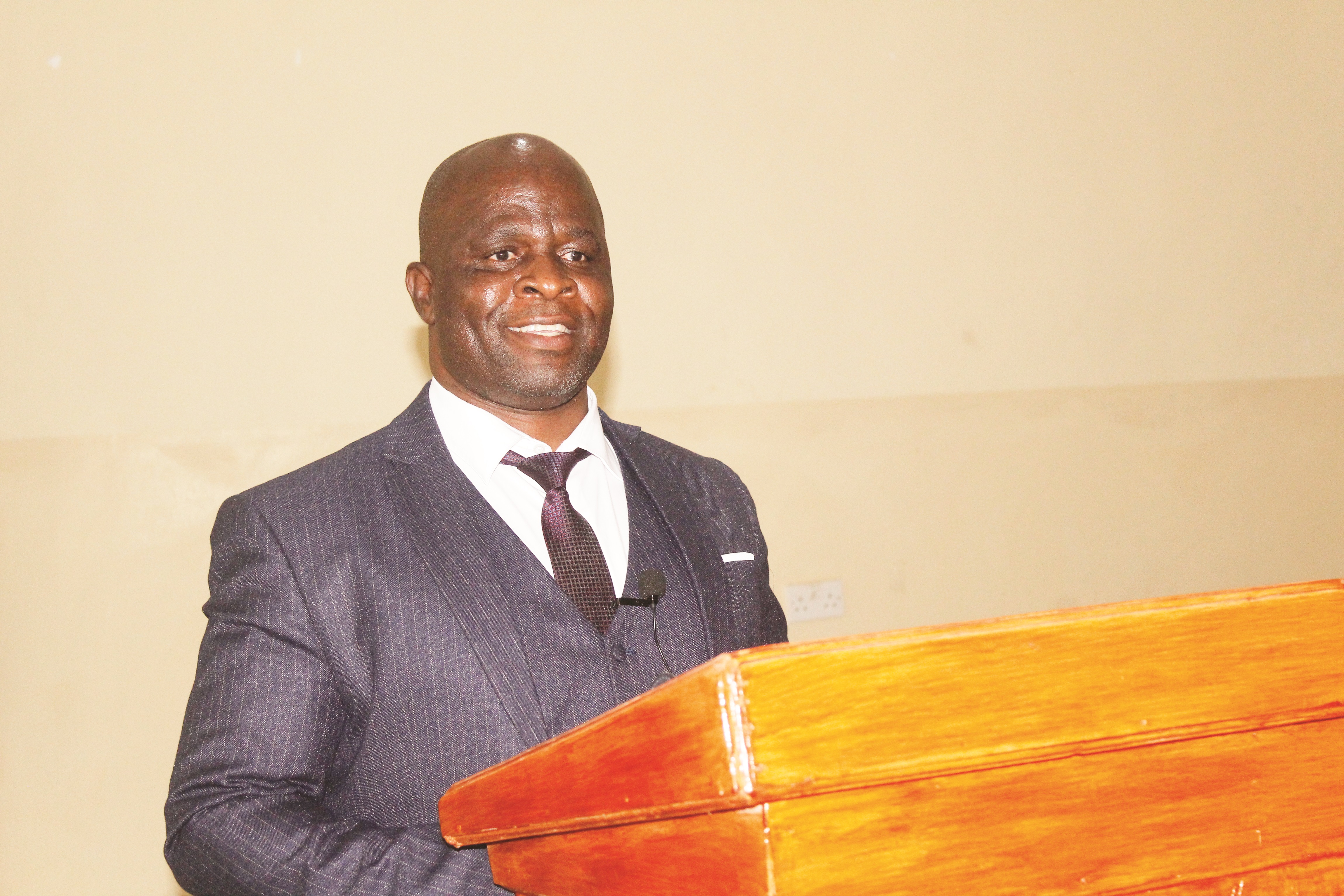
Mining
Malawi Government lines up reforms to revamp mineral sector
May 06, 2025 / Modester Mwalija

Chithyola Banda: Government focusing on exploration for critical minerals
The Malawi Government says it is implementing a number of strategic reforms in the mining sector aimed at stimulating economic growth and maximizing returns from the country's rich mineral resources.
These reforms are outlined in the 2025 Economic and Fiscal Policy Statement by the Minister of Finance and Economic Affairs Honourable Simplex Chithyola Banda.
Chithyola Banda reports that following the gazetting of the Mines and Minerals Act in 2023, the government established the Mines and Minerals Regulatory Authority (MMRA) in July 2024.
He says: “The Authority is now fully operational, with a Director General, Board of Directors, and technical officers deployed through secondment arrangements.”
“In the 2025/26 fiscal year, government will continue to build the capacity of the MMRA, and complete the recruitment process to ensure it delivers on its mandate.”
Chithyola Banda also says that in a bid to ensure that the country retains significant value from its natural resources, government is advancing the operationalization of the Malawi Mining Investment Company, a state-owned enterprise.
“The registration of the company is in its final stages. The 2025/26 fiscal year will focus on making the Malawi Mining Company fully operational as the company will strengthen government’s strategic role in the sector,” he says.
To improve transparency and efficiency in the allocation of mining rights, the Minister states that the government has pledged to champion transparency in mining agreements, licensing, and revenue flows. This includes maintaining open access to the cadastre system and consistent reporting through the Malawi Extractive Industries Transparency Initiative (MWEITI).
Chithyola Banda says: “In the 2025/26 financial year, the government will modernize the mineral licensing process by strengthening the web-based cadastral system.”
“This system will enhance accountability and reduce bureaucratic delays in issuing mining licenses and will make sure that mining companies are complying with environmental regulations, uphold human rights, and fulfil their tax obligations.”
The Minister also highlights that the government is now focusing on exploring high-value minerals crucial for green technologies. These include rare earth elements, lithium, and graphite.
“Increased efforts will be directed towards conducting geoscientific surveys and assessments in areas with high potential for critical minerals.”
Chithyola Baznda also says while recognizing the potential of artisanal miners, government has pledged to finalize the Artisanal and Small-scale Mining Policy in the 2025/2026 fiscal year.
“The policy aims to create an enabling framework for ASM activities, while also facilitating access to capital and modern technologies for small-scale miners,” he says.
The Minister also discloses that Malawi is working with the Commonwealth Secretariat (COMSEC) to revise the Petroleum Exploration and Production Act, in order to align it with international best practices. Plans are also in place to re-demarcate oil and gas blocs to optimize exploration and production potential.
Chithyola Banda also says government will conduct a comprehensive review of the Mines and Minerals Policy and develop new regulations under the Mines and Minerals Act.
He also says efforts are underway to revise the Explosives Act (1968) to strengthen oversight of explosives usage within the mining sector.
“Alongside the Act, the Explosives Regulations will also be drafted, addressing operational practices and safety protocols.”
The outlined reforms reflect a growing recognition by the Government of the mining sector’s role in Malawi’s long-term development agenda. If successfully implemented, the reforms could unlock significant economic opportunities, create jobs, and increase revenue generation from both large-scale and small-scale mining operations.































